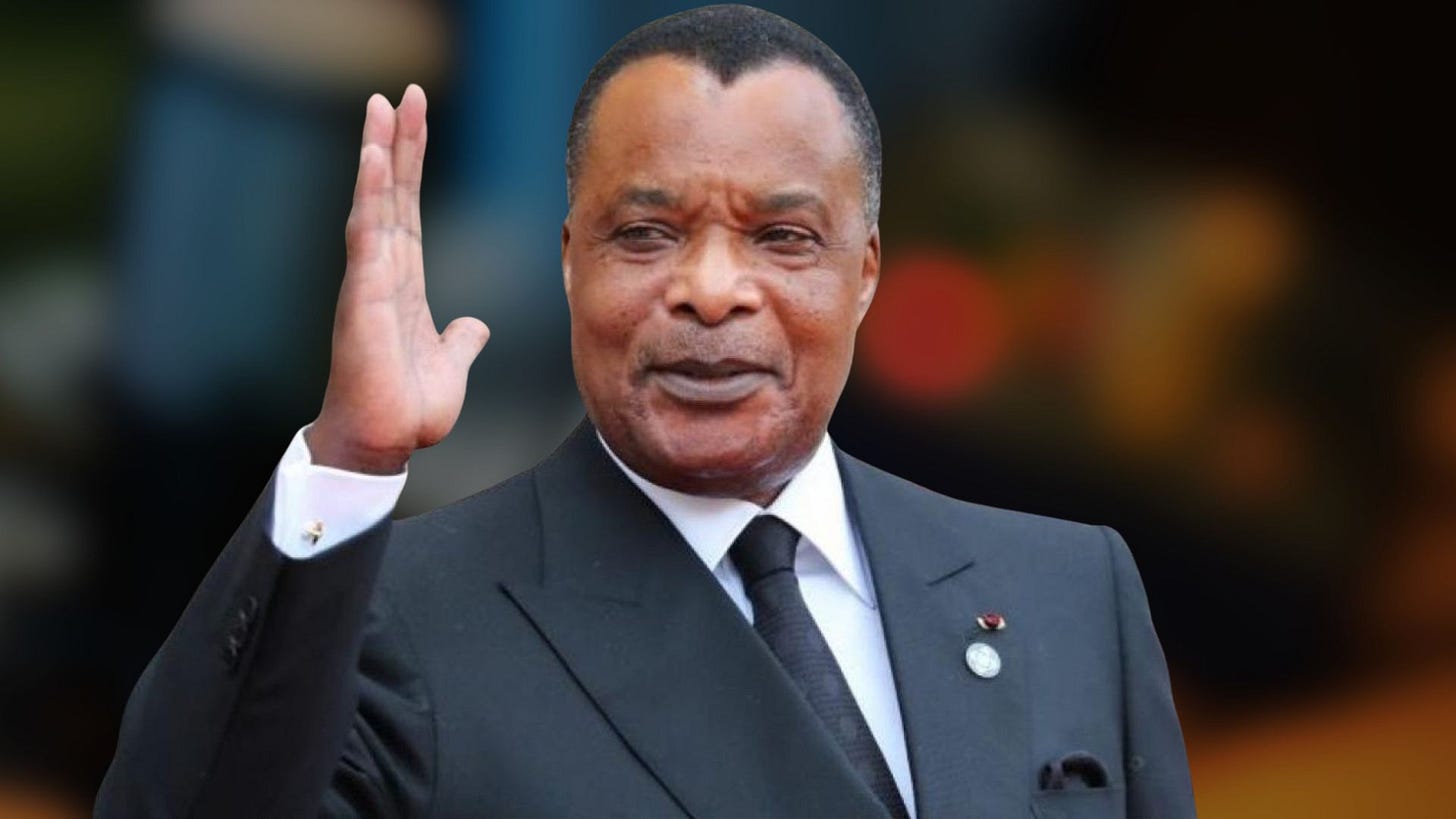With just months to go before the presidential election, Congo’s opposition denounces a biased and “criminogenic” process. Faced with Denis Sassou-Nguesso’s determination to cling to power, the question is no longer only who will run, but whether the election can truly embody a democratic choice.
A Declared Will to Unite Forces
On June 1, 2025, eight opposition parties — including Clément Miérassa’s PSDC and Jean-Jacques Serge Yhomby-Opango’s RDD — announced the creation of the Rally of Forces for Change (RFC). This new platform aims to pool resources and put forward a single candidate capable of challenging the incumbent president.
Back in January, the RDD had already called for a collective surge, stressing the urgency of a common project and a shared roadmap to restore the opposition’s credibility.
A Climate of Distrust
During a recent debate featuring Lucien Pambou, Guy Mafimba, and Gombo (the G3M panel), participants voiced deep concerns about the electoral process.
For Lucien Pambou, the electoral calendar itself harbors the seeds of violence and fraud:
“March 2026 is a criminogenic agenda. It undeniably contains the germs of violence and cheating. What can be done?”
Guy Mafimba believes Denis Sassou-Nguesso is merely seeking to stage-manage competition:
“Sassou is looking for a sparring partner to organize a sham election.”
Gombo echoed this view, denouncing “a regime that manufactures convenient opponents to legitimize an election whose outcome is already decided.”
Persistent Obstacles
Despite the momentum sparked by the RFC, Congo’s opposition remains weakened by internal divisions, lack of resources, and what many see as an uneven playing field. The institutional and security dominance of Sassou-Nguesso’s regime, reinforced by successive constitutional changes, remains a formidable challenge.
Added to this is a long history of mistrust among opposition figures themselves, making the prospect of a single candidate still uncertain.
A Crucial Democratic Test
The 2026 presidential election will be a defining moment for Congo-Brazzaville’s political future. Between the desire for renewal expressed by part of civil society and the entrenched power of a long-standing regime, the stakes are high.
Whether the opposition can overcome its divisions and offer a credible alternative will be key in determining if the country can avoid yet another disputed and tension-ridden election.
Background: Sassou-Nguesso’s Long Rule
Denis Sassou-Nguesso first came to power in 1979, serving as president until 1992 when he lost the country’s first multiparty election. He returned to power in 1997 after a civil war and has remained in office ever since. Now in his 80s, he is one of Africa’s longest-serving leaders.
Over the years, Sassou-Nguesso has organized multiple elections — including those in 2002, 2009, 2016, and 2021 — each marred by accusations of fraud, intimidation, and lack of transparency. Constitutional amendments, notably the 2015 referendum, allowed him to bypass age and term limits, consolidating his grip on power.
International observers and human rights groups have frequently questioned the fairness of these polls, pointing to restrictions on opposition candidates, limits on press freedom, and the dominance of state institutions by the ruling Congolese Labour Party (PCT).
As the country heads toward 2026, Congo-Brazzaville’s political landscape remains defined by the same figure who has shaped it for nearly half a century.
Timeline: Denis Sassou-Nguesso in Power
1979 – Becomes president of Congo-Brazzaville.
1992 – Defeated in the country’s first multiparty election.
1997 – Returns to power after a civil war.
2002 – Wins presidential election amid allegations of fraud.
2009 – Re-elected in another contested vote.
2015 – Constitutional referendum removes term and age limits.
2016 – Wins re-election, opposition denounces widespread irregularities.
2021 – Secures another term at age 77, boycotted by major opposition figures.
2026 – Prepares to run again, facing a fragmented but mobilizing opposition
.




